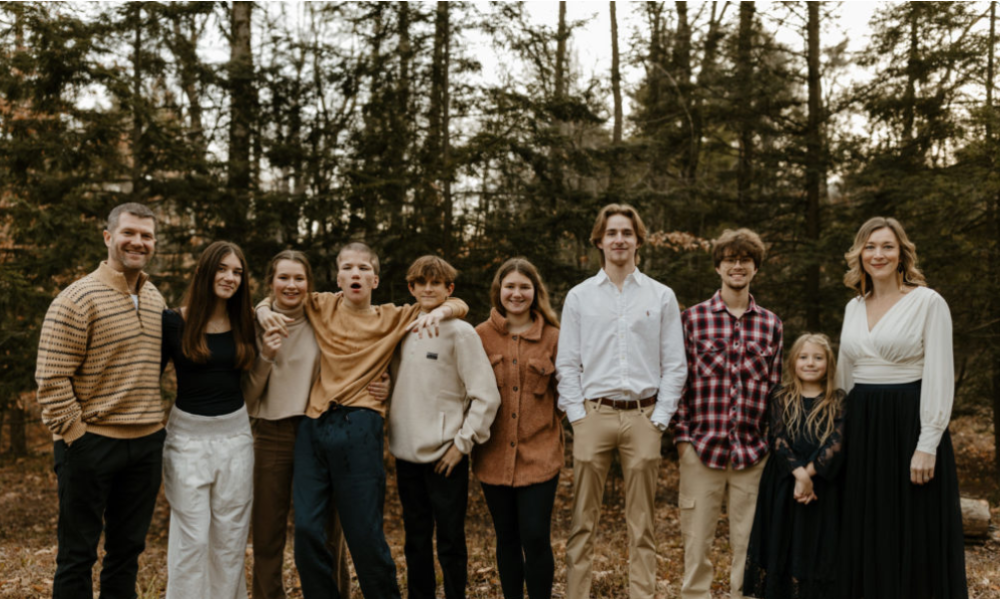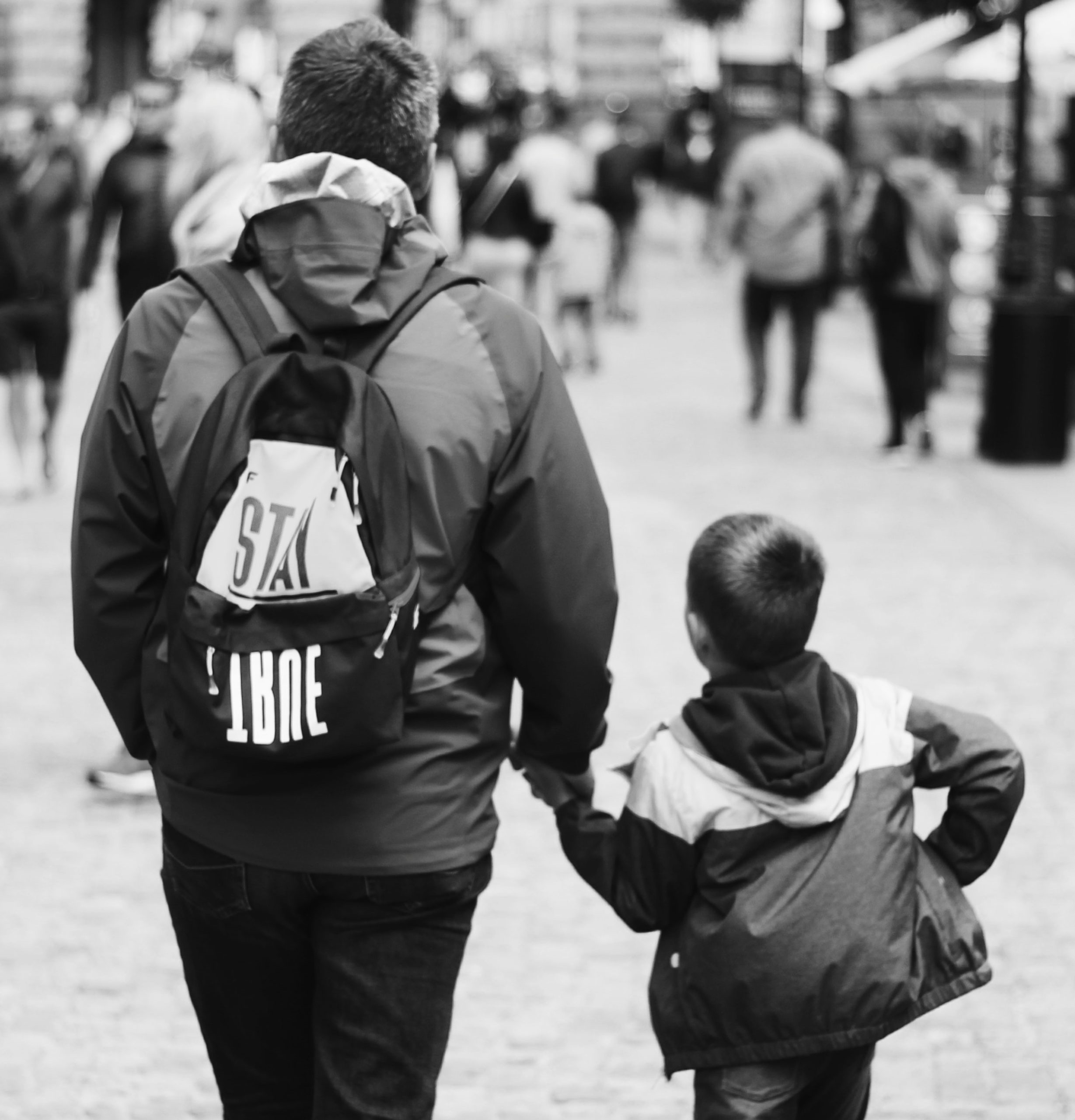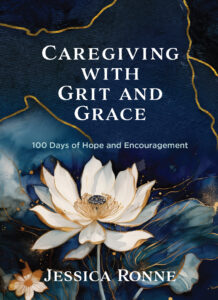I’ve lightened my workload this summer and that means you get to enjoy guest posts and excerpts from my books. I’ll return this fall with all new Monday Musings, but in the meantime, I hope you enjoy this post from Lovin with Grit & Grace.
Pruning for Self-Care
When we lived on our rural homestead, I had a brilliant idea—of course I did. I have always taken great pleasure in a nice glass of cold chardonnay, and now that we owned thirty acres of hills, I thought, Why don’t we plant chardonnay grapes and make wine? I immediately hopped on eBay and found what I was looking for—a cluster of grapevines ready to be planted in our red southern dirt. I placed the order and eagerly awaited their arrival—with visions of my basement shelves lined with bottles of chardonnay, made from my own two hands and from the grapes that had come straight from our land. Never mind that no one has ever grown chardonnay grapes in southern US soil, as they are typically grown in climates like Michigan or Northern California because it’s the cooler weather that gives them that crisp buttery taste, or so I’ve been told. But—I was not to be deterred. I was determined to grow grapes and make wine, by golly. The grapes arrived, and Ryan and I put their tender root systems into the ground.
“Wow!” I exclaimed about thirty minutes into attempting to entrench a shovel into the hard red dry dirt that was to become my sweet little chardonnay vines’ new home. “This isn’t easy!” “I told you,” my husband replied. “Tennessee isn’t exactly known for their vineyards, and there’s probably a reason for that.” He winked, slightly annoyed, but he understood that this meant a lot to me, and he’s a trooper like that.
We continued working and within a few hours, those tender vines were planted.
The first year, nothing.
The second year, nothing.
The third year, I was so excited to see tons of growth! Twisty vine leaves going crazy! So crazy that my husband had to tie them up on wires! “Yay! It looks like we might see a few grapes this year!” I said, enthralled over the prospect of finally fulfilling my dream of making homemade wine. “Nope,” my husband replied. “Not this year. This year we’ll have to prune these vines back so that next year we can enjoy our harvest.”
“WHAT?! Why?!” I wailed. “It looks so promising right now!”
“I know, babe, but that’s what we have to do to ensure the best harvest. You have to prune to create room for real growth. If we leave the branches the way they are this year, sure, we’ll see a grape here or there; but if we prune them this year, next year you’ll be able to reap a harvest!” “Fine,” I agreed, disappointed but willing to take him at his Word.
That spring we did indeed prune those branches. It hurt to see all that potential being hauled off to the burn pile, but I was excited to see what the next spring would bring, hopeful that my dreams of winemaking were only a few months away!
Even the best-laid plans can go awry. That fall, I heard, “Jess, they want to schedule a PET scan. They think it might be cancer.” Fear and uncertainty hung in the air as we contemplated our life that had become overwhelming and had led to Ryan’s health issues. For the past six years, he had single-handedly renovated our homestead, a sprawling 6,000 square foot home that was in dire need of everything when we purchased it, in addition to our daily life and work, which were hectic!
We were so overwhelmed we couldn’t see straight. After receiving the news that all was clear on the scan (Praise the Lord!), we knew something had to give, or the next scare might not turn out as positively. It was really that simple; so, we evaluated our lives. What could we say no to? And what needed pruning? After a season of prayer, we knew that it was time to say goodbye to our beautiful homestead in rural Tennessee and goodbye to the grapevines. Goodbye to my dreams of making homemade chardonnay.
We packed up what once was our dream life and by Christmas that year, we found a home near Nashville, and we moved. Although I never got to see a single grape on those grapevines, a student of mine gifted me with something special on my last day of teaching. He and his grandfather made homemade wine from the muscadine grapes—apparently, those do well in the South—and he brought me a bottle.
We pruned what wasn’t working to make room for something that might. We said no to rural life in order to say yes to us. Is there something affecting your mental, physical, or spiritual health? Pick up those shears and prune it. It will sting at first, but it’s worth it. Every ounce of my being was sad to say goodbye to rural life; but in saying goodbye, I said yes to my husband’s and family’s wellbeing.
Want to hear more of our story? Check out my three books below!












